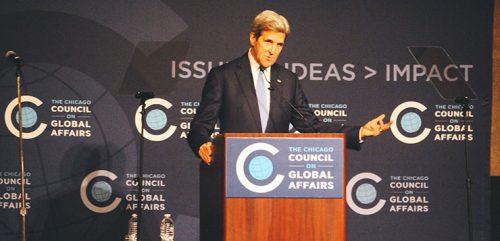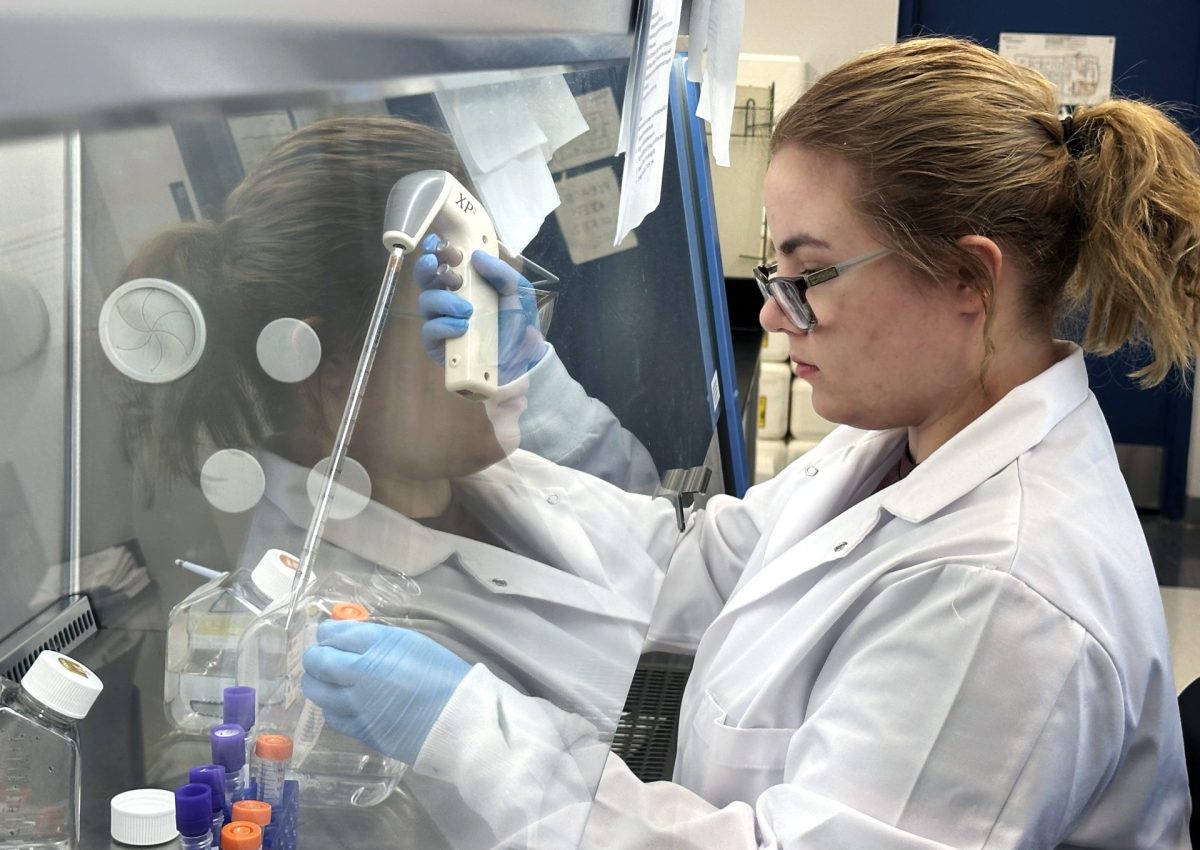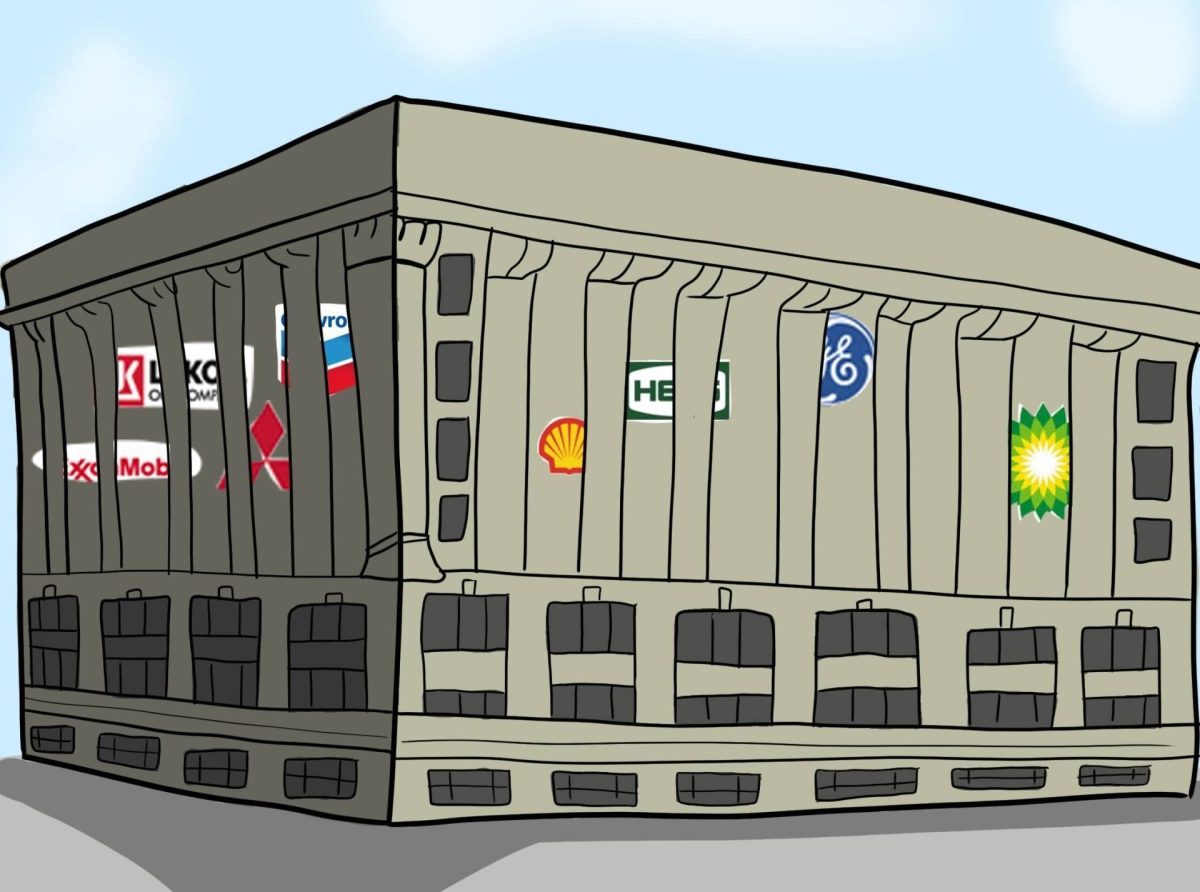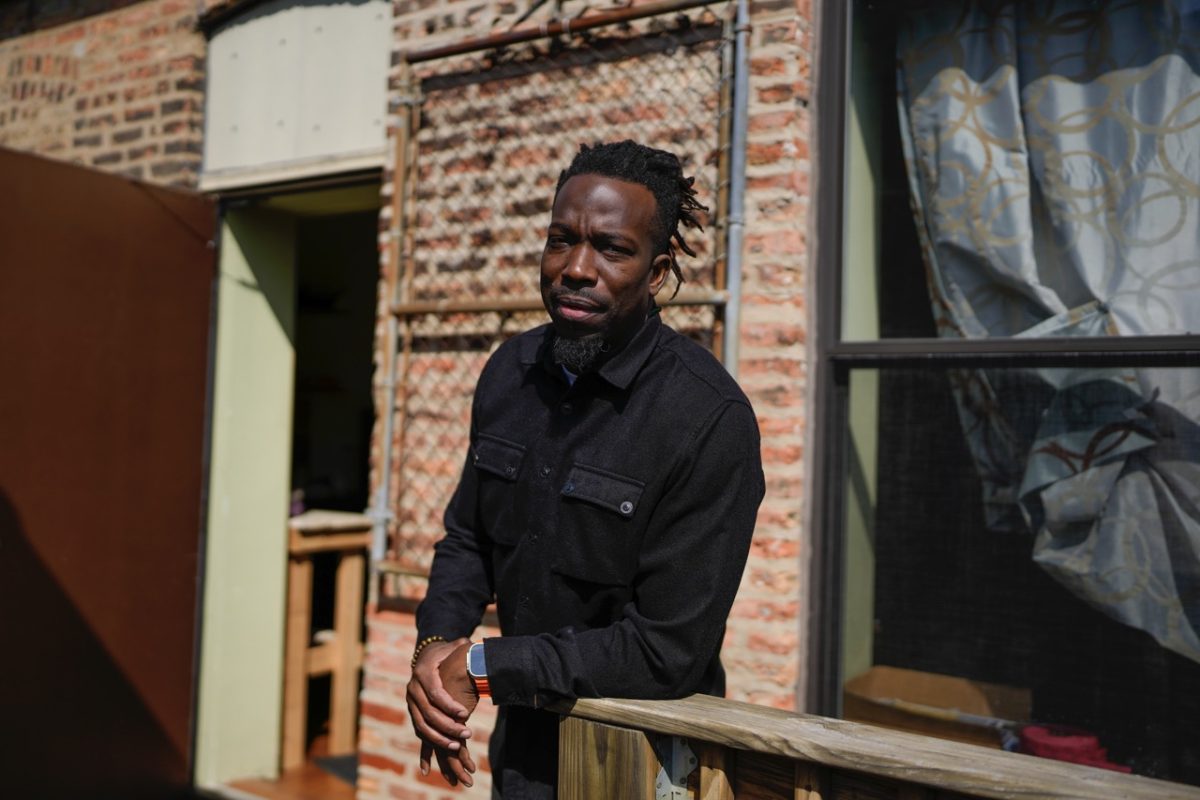John Kerry has been busy as Secretary of State. Since succeeding Hillary Clinton in February 2013, Kerry has been at the table for several notable deals including the Paris Climate Summit and the Iran nuclear deal. The challenges in his remaining months at State include creating a ceasefire in the Syrian Civil War and maintaining the Trans-Pacific Partnership trade deal.

Kerry spoke about his international objectives in a changing world last Wednesday to about 1,500 people at the Hilton Chicago at the event “American Leadership in an Era of Opportunity and Risk.”
Kerry first addressed the criticism of the government’s supposed “aloof” position on global issues. Kerry said the U.S. is deeply engaged in affairs with more countries than ever before in its history. Yet in these endeavors, the U.S. cannot rely on global institutions like the United Nations to do the heavy lifting — the U.S. will have to continue its role as an engaged and global hegemon, he said.
To illustrate the nation’s expanding role in foreign affairs, Kerry noted measures taken to prevent nuclear proliferation, the world and increased negotiations with Vietnam that would have seemed “unimaginable” a few years ago.
“Optimist is another name for American,” Kerry said of America’s recent efforts internationally, quoting former president Ronald Reagan.
One controversial topic Kerry talked at length about was the Trans-Pacific Partnership (TPP). Agreed to in February 2016, the TPP is the largest regional trade deal in history that sets rules and regulations for better trade and investment between the U.S. and 11 other nations in the Pacific Rim, excluding China. The total gross domestic product (G.D.P.) of those nations reaches nearly $28 billion — 40 percent of global G.D.P. and one-third of the world’s trade.
It has been a hot button issue since it was drafted in 2015, and was fiercely debated by Democratic presidential candidates Hillary Clinton and Bernie Sanders at the time, and now between Clinton and her Republican counterpart, Donald Trump.
Trump declared his potential presidency as the “only way to stop the TPP catastrophe,” Kerry said. Trump has taken many opportunities to criticize TPP, often drawing comparisons to the trade deal North American Free Trade Agreement (NAFTA), which Trump says was an utter failure. In many ways, TPP is an upgrade of NAFTA, the brain child and legacy of the Bill Clinton presidency, Kerry said.
Kerry acknowledged skepticism of TPP and worked to convince his audience by presenting the deal as a “race to the top, not a race to the bottom” between the partnering countries, Kerry said. The trade deal will likely improve the global G.D.P. by 40 percent, Kerry said.
Kerry also said TPP included “unprecedented labor and environmental protection” for workers across the Pacific Ocean and will abolish tax sanctions that would make it easier for American businesses to export more goods.
One of Kerry’s major initiatives as Secretary of State is to end carbon emissions that contribute to climate change. In 2015, Kerry played the important role of representing the U.S. in the Paris Climate Summit negotiations, producing commitments by 188 countries to reduce carbon emissions. The goal, Kerry said, is to reduce the average of global temperature to “well below two degrees above pre-industrial levels.”
The two crucial nations participating in the climate summit deal are the U.S. and China, Kerry said. The U.S. is hoping to cut 26 to 28 percent of its carbon emissions by 2025.
If not for “painstaking diplomacy,” the climate summit could have ended in disarray, Kerry said. He stressed the importance of future leaders to value the severity of climate change by saying the fight is a “generational effort.”
During the event, Lora Chamberlain, a member of Frack Free Illinois and Illinois Progressive Democrats, criticized the Kerry and Barack Obama administration for not taking a more active stance with the North Dakota pipeline controversy.
“We are really fighting for our land and water, and the Obama administration is not doing enough,” she said. “It’s unconscionable he has not been more vocal about this issue.”
Chamberlain also criticized Kerry’s support for TPP because she said it undermines the environmental regulations Obama “promised not to break when taking office.”
Kerry stressed the importance of how both past and present reveal the power and possibilities of diplomacy. Kerry mentioned that when HIV/AIDS was the death sentence 15 years ago, nobody wanted to talk about it. But through cooperation and diplomacy, the U.S. was able to establish an initiative that helped bring the first AIDS-free generation in more than three decades.
Other issues are similarly beatable, Kerry said. For the first time, less than 10 percent of the world is living in extreme poverty. The Zika virus can be irradiated with the same determination and cooperation.
“American greatness is not an entitlement,” Kerry said. “It is earned, and the world will be watching if we are up to that challenge.”
Kerry’s Biggest Deals:
- Helped create the Trans-Pacific Partnership trade deal
- Represented the U.S. during Paris Climate Summit negotiations
- Took part in the P5+1 summit and the Iran nuclear deal
- Implemented ceasefires for ongoing conflicts in Ukraine
and Syria







